And we are back to an old friend. We have now moved on to Anthem by Ayn Rand. Atlas Shrugged and Anthem cannot be more different from an outward appearance. Anthem is described as a novella. My copy is barely over 100 pages and I was planning on breaking it up into four groups. The first three chapters are going to be almost half the book (and about one chapter in Atlas Shrugged).
I got to thinking that it is interesting that both Rand and Zamyatin were Russian ex-pats writing at the same time on very similar subjects. Maybe, just maybe there is something to the similarities, just saying. It seems like people experiencing the same situation and writing their thoughts have come to very similar conclusions.
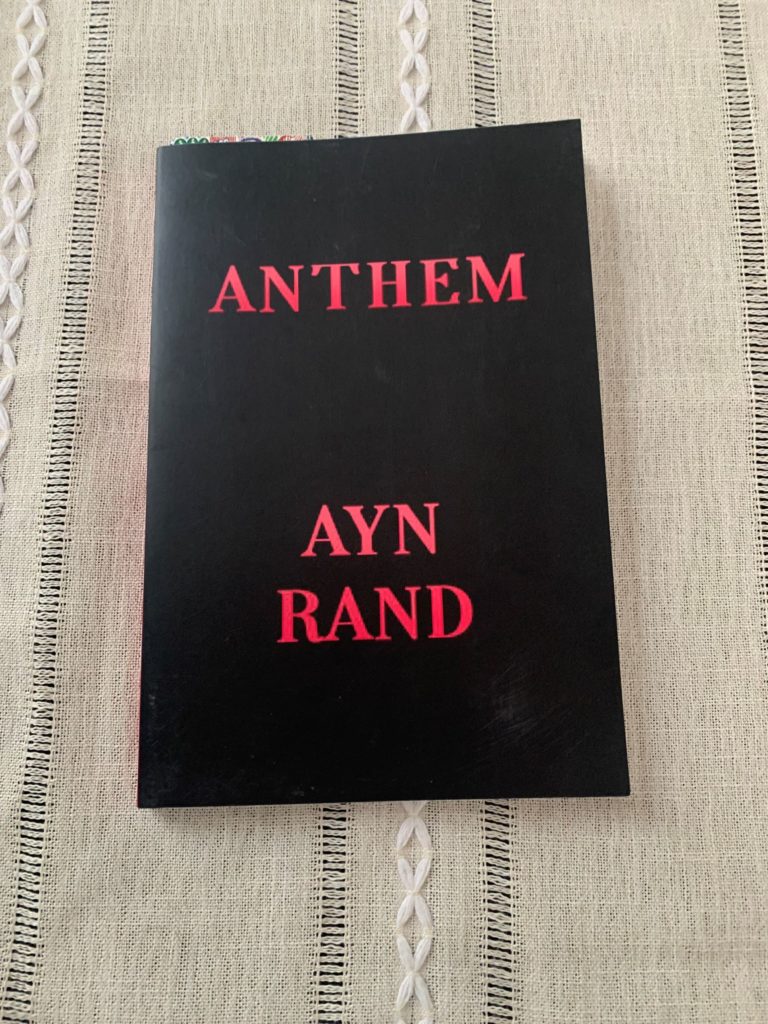
Sometimes I have read the book, sometimes I haven’t before I start writing the introduction. In this case I read the first chapter to get a sense of what is going on. I don’t like to be influenced by what others think it is about or concepts but it is also hard to introduce the book without having any prior knowledge.
I plan on breaking the book into four segments plus a conclusion. That means that we will finish this series in the beginning of December. Not to spill the beans but the next author will be a new one for me. I have a reserve of books that I have not yet read and I am trying to vary the authors a little bit even though there is more Rand in the future (already have the book).
This is another dystopian, science fiction story. We will talk all about what is in the book from a concept and a story line next week. I didn’t know this, but when I was reading the plot summary in Wikipedia, there is reference to We as the only related work. I suspect that it may be because the main character’s name is a number sequence. It also takes place in a dystopian future, etc.
The story was originally conceived as a play, then it was going to put in a periodical. Finally, it was published in the United States after the success of Fountainhead. Reading the history in Wikipedia, Rand tried to persuade Disney to make an animated film using stick figures. That would have been really interesting.
I am leaning more and more on moving away from the dystopian genre exclusively. Maybe, I will move from Friday book reviews even. I really enjoyed 1984, Fahrenheit 451 and Atlas Shrugged. But, it started to slip with Lord of the Flies. Don’t get me wrong, I enjoy checking these things off of my list but it is starting to feel like a chore trying to extract things week over week. I will leave it open for now. I do want to get through this one and the next one before I make the decision. For sure, I will continue to read and review books, it just may not be in one genre and chapter a week.
End Your Programming Routine: I am even struggling to get through the introduction. It has taken me three days to write this. But what do you write about a book that you don’t know anything about? Maybe I shouldn’t do these series before I have actually read the book? You get the point. Next week I will have more substance.
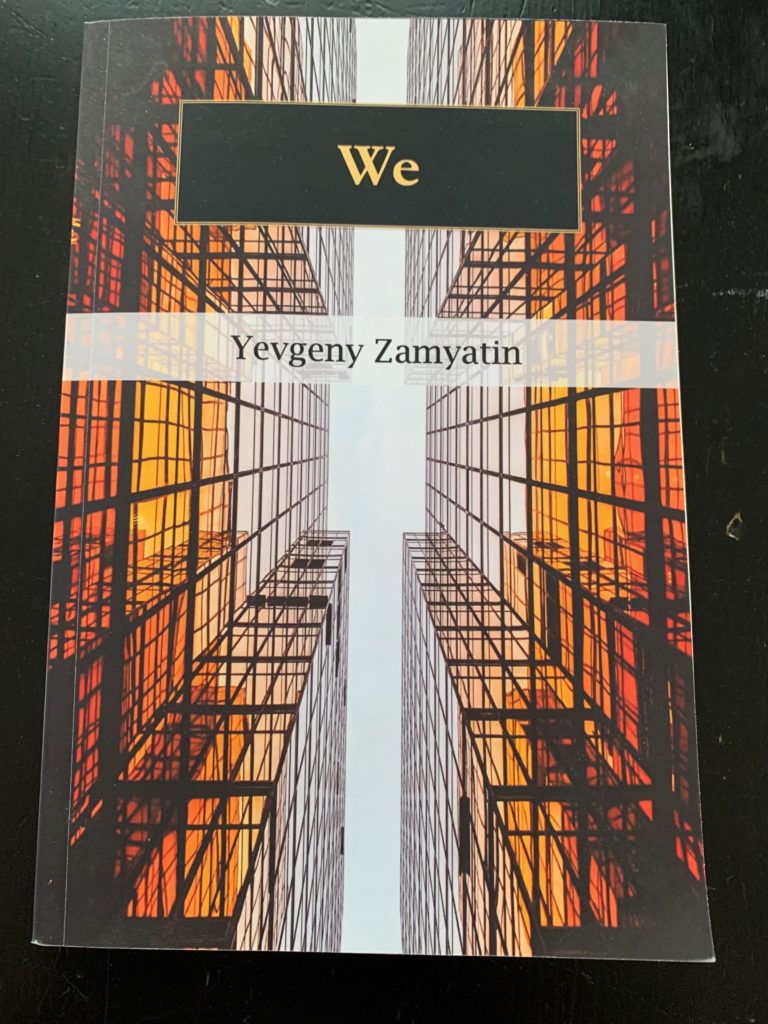

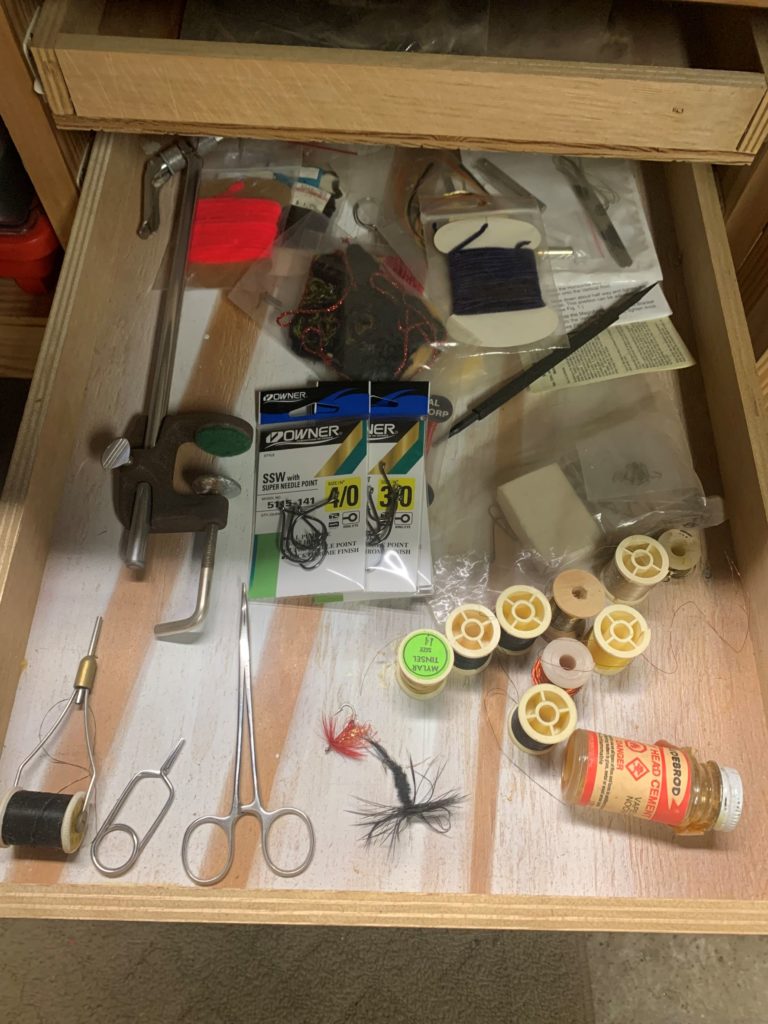
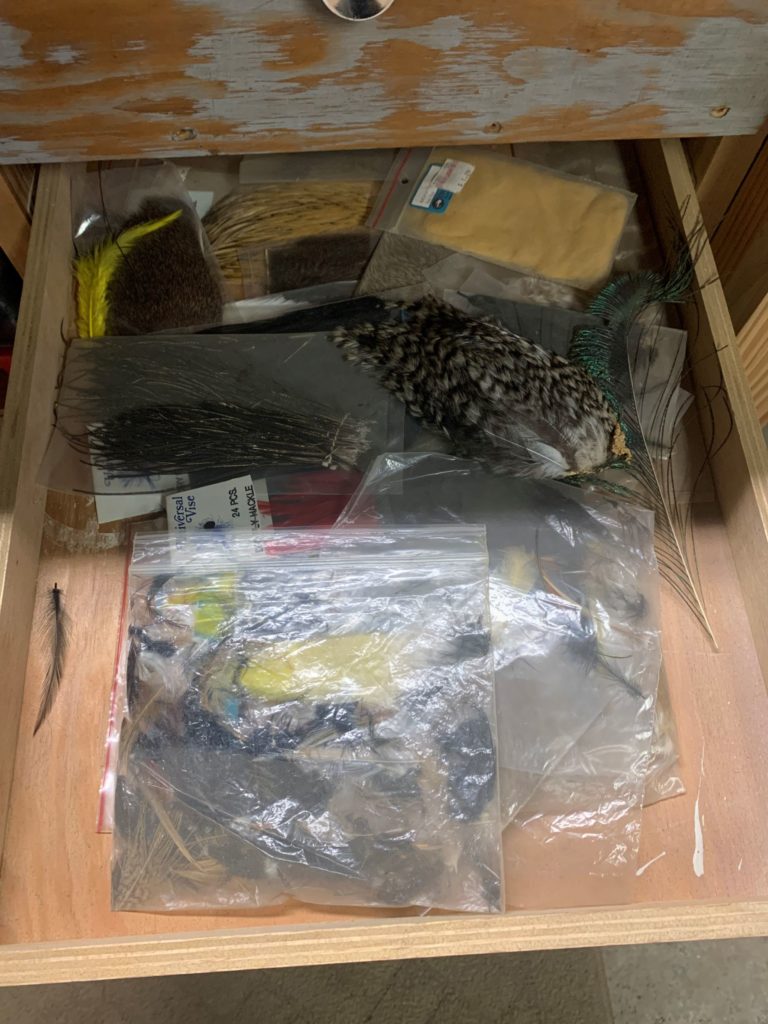

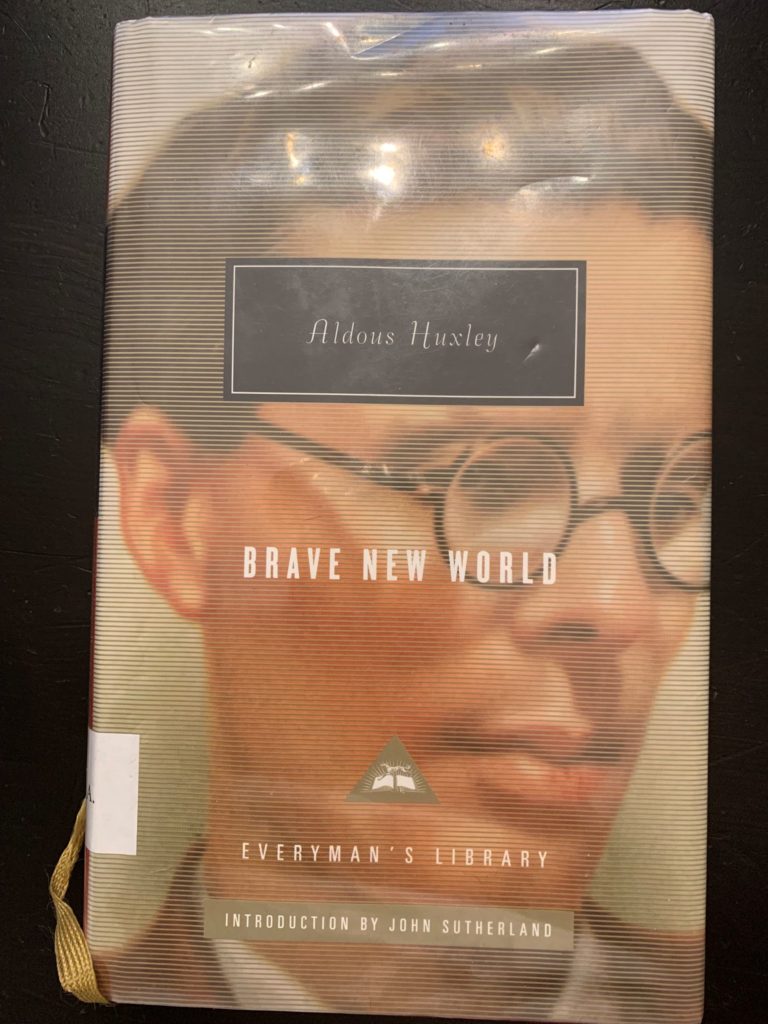
Recent Comments